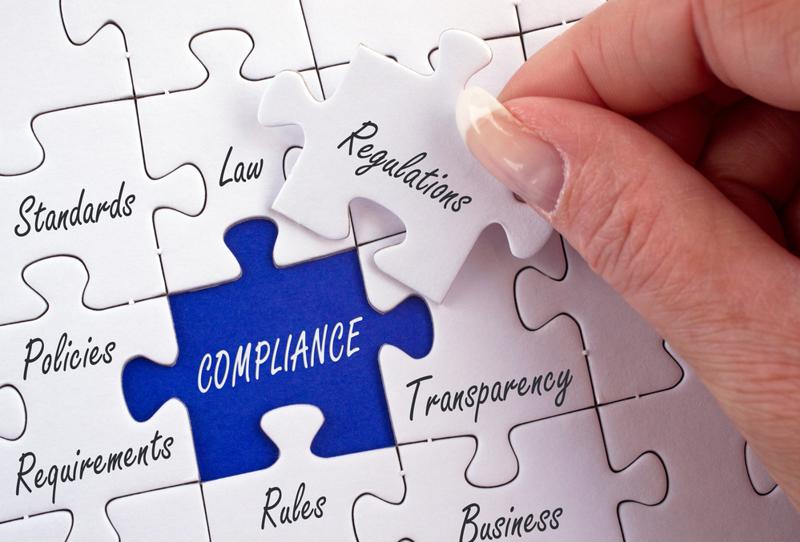Americans, like many others, have very strong feelings about their privacy. It is one of the rights that people value most, and it’s not only a violation of trust when it is breached, but it feels like a violation of a personal liberty. Because this is an issue that affects all of us, the U.S. has some strict laws in place to protect people’s privacy when it comes to recording conversations over the phone.
For call center managers across the country, it’s absolutely vital to know which laws pertain to your business. The Federal Communications Commission doesn’t have any distinct laws on the matter other than one party consenting to the call, but each state has a specific outline of permissions and laws that must be upheld or people will suffer the penalty of a fine and potentially some jail time. Not only is it important to adhere to these laws for the sake of integrity of a given call center, but it’s a matter of decency.
“Adhere to call recording laws – it’s a matter of decency.”
Moderating a necessity
Some may argue that no one should be recording calls for any reason. It’s a very common necessity that’s used across a wide array of channels. For call centers, conversations are monitored not only for quality control, but also to help employees better their performances and keep them accountable for their phone etiquette.
According to 8×8, Inc., there are laws for phone calls within a single state and a separate set of rules for calls that stretch over state lines. As a call center manager, it is your duty to know which states require one-party or two-party consent. And even though call centers are exempt from explicitly asking permission due to ordinary course of business, it behooves you to know the regulations so that you can ensure you remain within them.
State by state
While the exact rules vary between states, phone recording laws in the U.S. are largely the same. Some state laws mandate that all parties must consent to the act of recording, which is applicable for the following states, courtesy of Reporters Committee for Freedom of the Press: California, Florida, Illinois, Maryland, Massachusetts, Michigan, Montana, Nevada, New Hampshire, Pennsylvania and Washington. However, it’s important to note that calls made over state lines, regardless of where the call comes from and is made to, must have both parties’ consent on the recording or have the recording party give a verbal notification before the documentation starts, reported 8×8.
Most states allow for civil suits if a party records under false pretenses, according to RCFP. Alabama, Alaska, Colorado, Georgia, Kentucky, Montana, New York, North Dakota, Oklahoma, South Dakota and Vermont do not allow for a civil suit should the recording party break the law within the state. Again, businesses are exempt from many of these rulings if and only if they are within a traditional operational state.
 Know the laws and get the whole picture.
Know the laws and get the whole picture.Best practices
Though call centers have a slightly different set of rules to which they need to adhere, it’s vital that all supervisors, managers and employees are familiar with the laws of the state in which they operate. To ensure that all regulations are being followed, the laws should be posted in plain view, and employees must have the ability to answer questions for the parties on the other end of the conversation.
As long as everyone operates within the law, there should be no reason for anyone to have a problem with call recording. These are in place to protect us and, when followed correctly, will uphold our privacy to the degree we value it.






